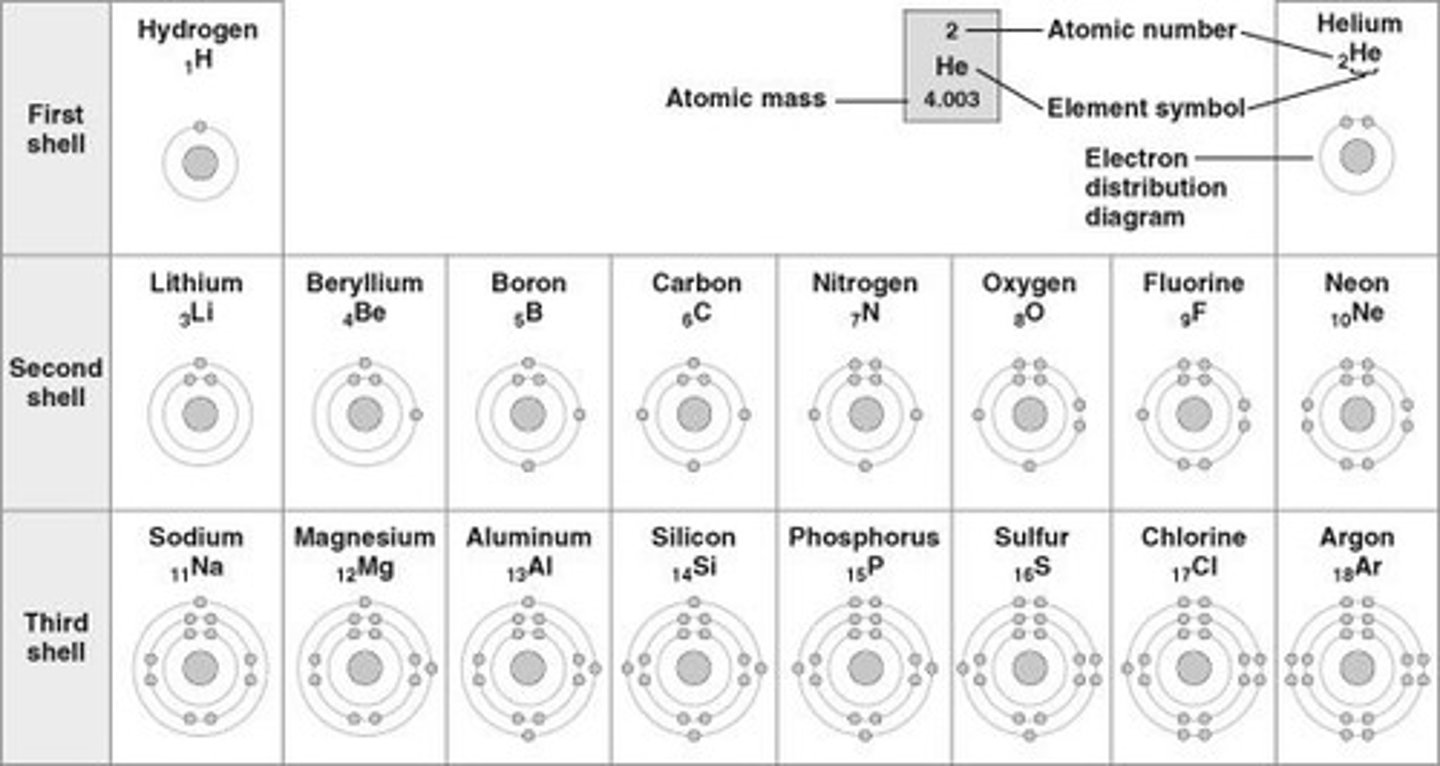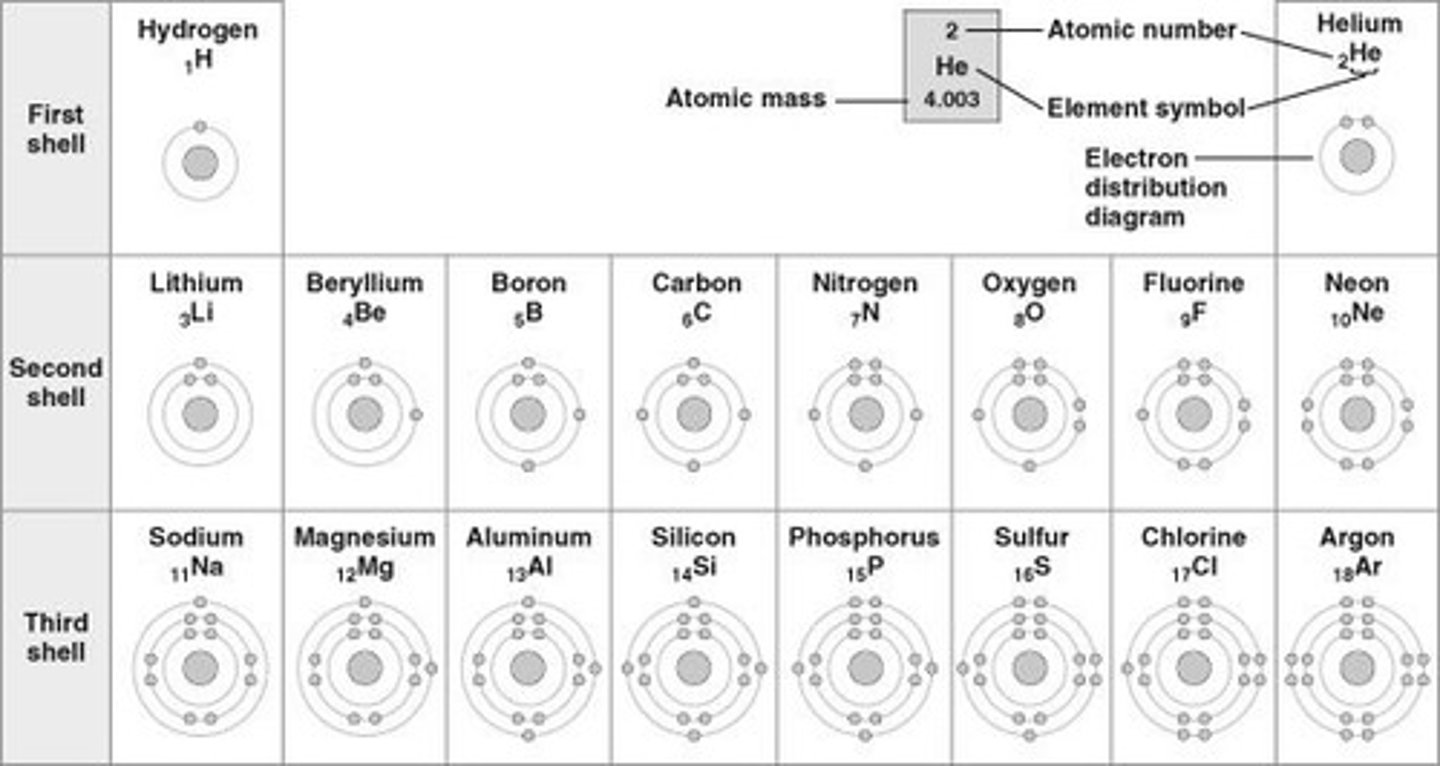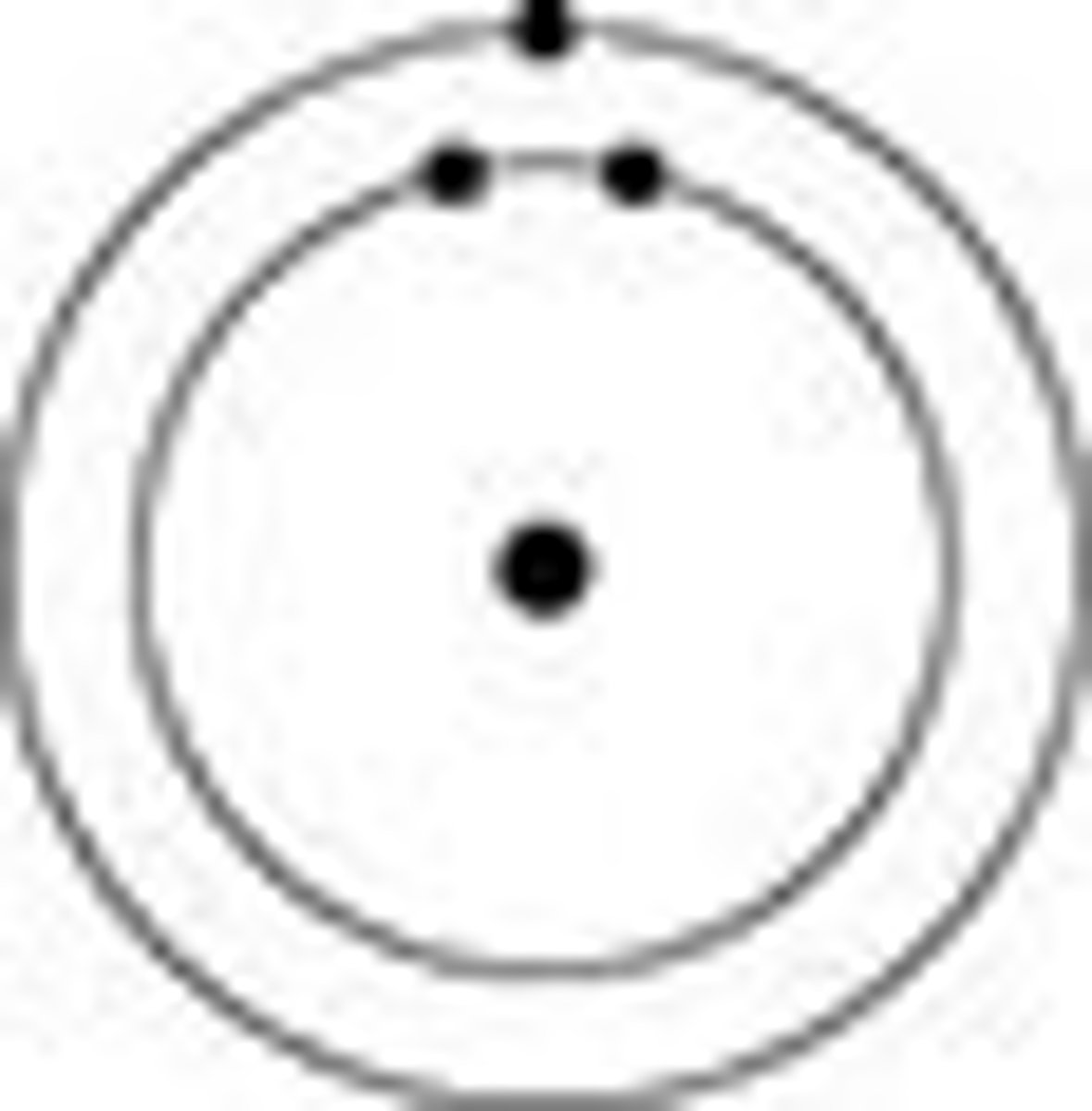BSC1010 Exam 1 - Mark Clementz
1/29
There's no tags or description
Looks like no tags are added yet.
Name | Mastery | Learn | Test | Matching | Spaced |
|---|
No study sessions yet.
30 Terms
As letters are to English language, ________ is/are to genetic information.
nucleotides
The process by which the information in a gene directs the synthesis of a protein is called ________.
gene expression
Which of the following statements is true?
All forms of life employ the same genetic code
Plants convert ________.
sunlight to chemical energy
Which of these provides evidence of the common ancestry of all life?
near universality of the genetic code
You are suffering from Streptococcus throat infection. You share the following with the bacteria that is responsible for your condition.
You both are made up of cells.
Which of the following is true of natural selection?
It requires genetic variation, results in descent with modification, and involves differential reproductive success.
In comparison to eukaryotes, prokaryotes ________.
are smaller
Following a scientific method, which of the following is the correct order of steps?
Observation → Hypothesis → Experiment → Analysis → Conclusion → Communicate results
Which of the following types of cells utilize deoxyribonucleic acid (DNA) as their genetic material but do not have their DNA encased within a nuclear envelope?
archaean
A friend of yours calls to say that his car would not start this morning. He asks for your help. You say that you think the battery must be dead. If so, then jump-starting the car from a good battery will solve the problem. In doing so, you are ________.
stating a hypothesis and using that hypothesis to make a testable prediction
Use the following information when answering the following question.In 1668, Francesco Redi performed a series of experiments on spontaneous generation. He began by putting similar pieces of meat into eight identical jars. Four jars were left open to the air, and four were sealed. He then did the same experiment with one variation: Instead of sealing four of the jars completely, he covered them with gauze (the gauze excluded the flies while allowing the meat to be exposed to air). In both experiments, he monitored the jars and recorded whether or not maggots (young flies) appeared in the meat.What hypothesis was being tested in the initial experiment with open versus sealed jars?
Maggots do not arise spontaneously, but from eggs laid by adult flies.
The best experimental design ________.
includes a large sample size and a control, and alters only one condition between the controls and the experimental condition
A localized group of organisms that belong to the same species is called a ________.
population
Which of the following statements is true regarding the complexity of biological systems?
Knowing the function of a component of a living system can provide insights into the structure and organization of the living system.
Which of the following order is correct in terms of the hierarchy of the organization?
Biosphere → Ecosystem →Community → Population → Organism
Characters are transmitted from parents to offspring. ________ are the units of inheritance.
Genes
About 25 of the 92 natural elements are known to be essential to life. Which 4 of these 25 elements make up approximately 96% of living matter?
carbon, hydrogen, nitrogen, oxygen
Refer to the following figure (first three rows of the periodic table) to answer the questions below.What element does not prefer to react with other elements?
helium

Which pair of elements would likely have similar valency and thus similar chemical behavior?
nitrogen and phosphorus

Can the atomic mass of an element vary?
Yes. Adding or losing neutrons will change the atomic mass without forming a different element.
When are atoms most stable?
when all of the electron orbitals in the valence shell are filled
A salamander relies on hydrogen bonding to stick to various surfaces. Therefore, a salamander would have the greatest difficulty clinging to a ________.
surface of hydrocarbons
Which one of the atoms shown would be most likely to form a cation with a charge of +1?

A covalent chemical bond is one in which ________.
outer-shell electrons of two atoms are shared so as to satisfactorily fill their respective orbitals
A covalent bond is likely to be polar when ________.
one of the atoms sharing electrons is more electronegative than the other atom
What is the difference between covalent bonds and ionic bonds?
Covalent bonds involve the sharing of electrons between atoms; ionic bonds involve the electrical attraction between charged atoms
Which bond or interaction would be difficult to disrupt when compounds are put into water?
covalent bonds between carbon atoms
Which of the following is broken when water evaporates?
hydrogen bonds
Which of the following are compounds?
H2O and CH4, but not O2